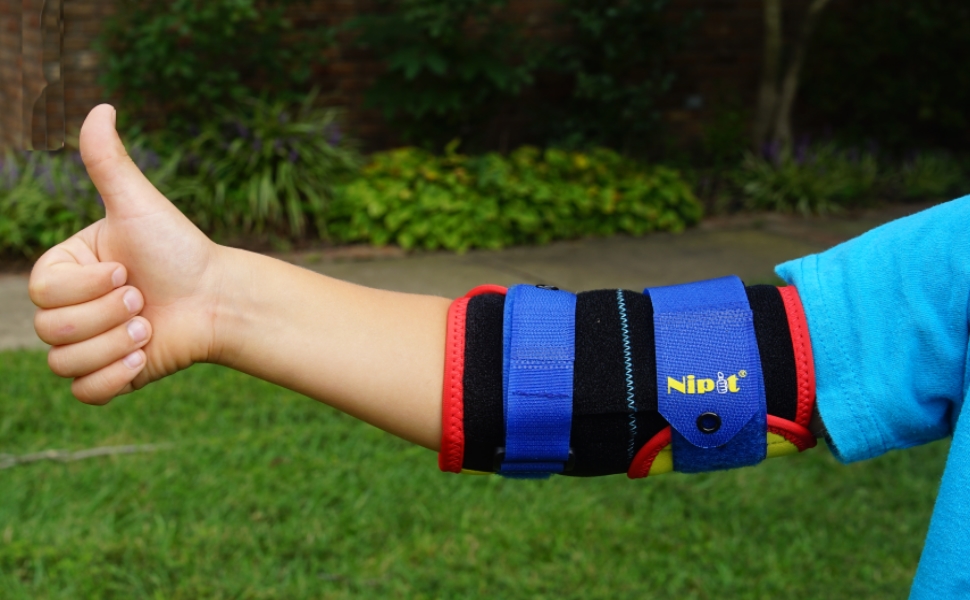For most babies, thumb and pacifier sucking is an enjoyable part of everyday life. Because breastfeeding is an instinctive and natural habit for babies, babies feel comfortable, relaxed, and safe when using their thumb or pacifier as a breastfeeding aid.
According to a study by the American Academy of Pediatric Dentistry (AAPD), most children will stop using a pacifier before they are four years old. Thumb sucking can become a more difficult habit and last longer without intervention. You can also browse Amazon UK website to purhase thumb appliances and thus help prevent thumb sucking in children.

Children who continue to suck their thumbs or pacifiers after five years of age (and especially children who continue after permanent teeth appear) are at high risk for dental complications.
How can sucking on thumbs and pacifiers damage children's teeth?
Damaging the pacifier and sucking the thumb can be very dangerous. Both can be difficult to spot with the naked eye and usually occur over a period of time. Below is an overview of some of the risks associated with thumb sucking and prolonged pacifier use:
Narrowing of the roof – The structure in the mouth is very flexible in childhood. Prolonged repeated contact with thumb and pacifier sucking actually narrows the floor ceiling. This in turn can cause problems with tooth development.
Slanted Teeth – The dentition may slant or protrude due to sucking on the thumb and pacifier, leading to poor aesthetic results. Additionally, thumb sucking and use of a pacifier in childhood can increase the need for extensive orthodontic treatment.
Mouth sores – Passive sucking is much more dangerous than aggressive sucking. Aggressive sucking can cause sores or ulcers.